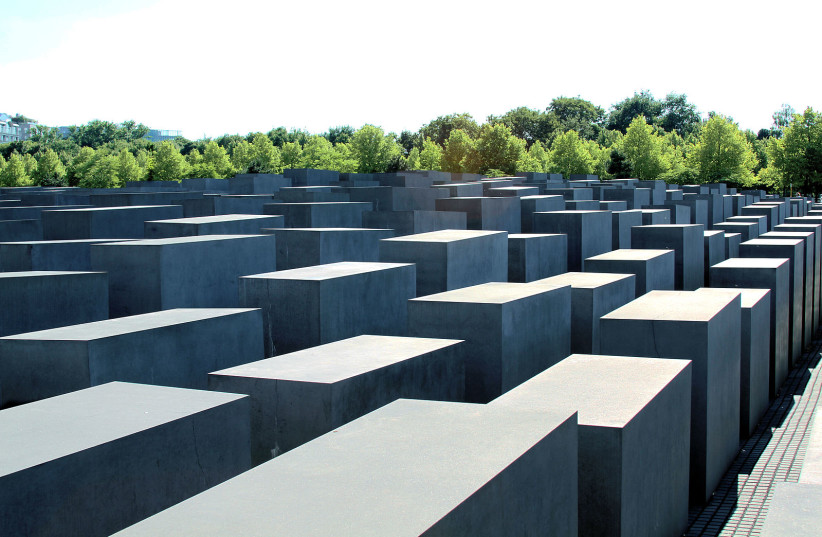The rich story of Passover is one that everyone knows. It is a tale of the Jewish people rising from slavery, fighting oppression and enduring a long journey to eventually live freely in their true home.
This was not without massive trials. The Jews were slaves for hundreds of years in Egypt where they were subjected to physical abuse and murdered with impunity, all because of their differences from the rest of the state.
It was not until Moses was brought to free the Jewish people and deliver them to the Land of Israel that they were able to see a way out of their day-to-day suffering.
This season is a time for reflection, as always. However, this year in particular, it is also a time for recognizing the broader implications of such a story in the modern day.
Less than 80 years ago, the Jewish people experienced unspeakable atrocities. Much like in the famed tale of this holiday, they were enslaved and murdered en masse. They were the farthest one could imagine from freedom.

For the few survivors of the Holocaust, coming to Israel was the discovery of a home, of freedom. It was an exodus from the evil inflicted by the Nazis.
The Jews who came to Israel from other Middle Eastern states were also greatly abused and faced genocide in their former homes. Events like the Farhud, in which rioters set fire to Jewish homes and synagogues, were a constant occurrence prior to Israel’s independence.
Israelis today can celebrate their freedom in their own country, but it’s also important to look around us.
Central in today’s news coverage, of course, is the violent invasion of Ukraine by Russia. Those who managed to escape are fortunate; many who didn’t are dead.
As some of the cities where Russian forces invaded are clearing out from soldiers and the world is able to see into those regions once more. We can see fleeting images of the horrors committed against innocent civilians who had been living there.
There was a massacre in Bucha, and in several other Ukrainian cities. More and more bodies continue to be found. Many were tied at the ankles and wrists and covered in bruises before being shot in the head; others were thrown into mass graves; while some were allegedly thrown down wells and buried or burned alive. All this after facing weeks of brutal occupation by Russian forces.
At a time when Jews are focusing on the freedom we struggled to obtain, it is a time for us to remember the hardships and lack of freedoms that others are facing. Russia is depriving the Ukrainian people of their most basic right – the right to live.
Ukrainians aren’t the only people facing massive threats to their freedoms. At any given moment in 2016, an estimated 40.3 million people were held as slaves, according to the International Labor Organization, with “24.9 million people trapped in forced labour, 16 million people exploited in the private sector such as domestic work, construction or agriculture; 4.8 million persons in forced sexual exploitation; and four million persons in forced labor imposed by state authorities.”
Meanwhile, the people of North Korea are starving to death under one of the world’s most oppressive regimes. People there are forced into unpaid labor under threat of detention or execution. The dictatorial regime attempts to stop anyone from leaving the state, blocking their communication with the outside world.
Much like the Jews in Egypt, they are slaves to an oppressive ruler who does not care if they live or die.
In China, more than a million Uighurs have reportedly been detained in “reeducation camps,” as the state calls them. Those who have survived their imprisonment say they were tortured and sexually assaulted. Others are used as forced labor and some women are being forcibly sterilized.
When we gather with our families tonight, let us rejoice as we recount the Exodus from Egypt. But let us also remember and tell everyone at our Seder about those who are less fortunate than we are. And let’s hope that by next year, they will have also escaped the yoke of oppression.
